Meet your care team: Working together to provide the best care possible

You (the patient): You are at the center of this healthcare team. As we work together to get you better, it’s important for us to hear from you about your goals for your ICU care, how you think your treatment is going, and anything you think we could be doing to help you be more comfortable or to recover more quickly.

Family and friends: Your support network is a very important part of your team - especially if you aren’t able to communicate with us either due to your illness or medications you may be receiving. Friends and family can help the rest of your team understand your goals and priorities and to know you better as a person—not just as a patient.
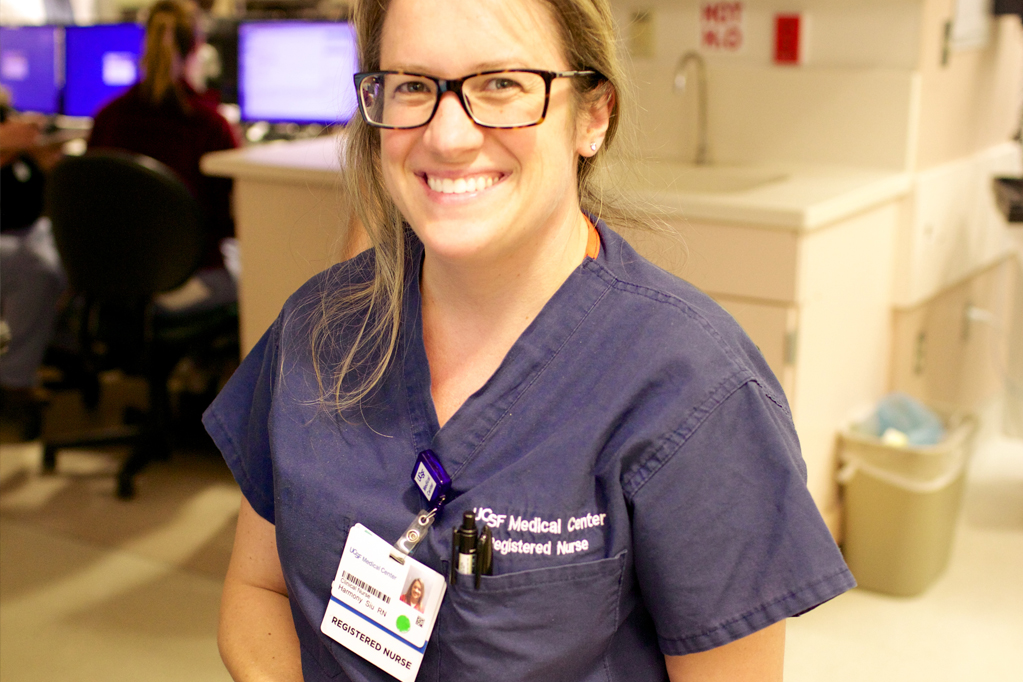
Registered Nurse (RN): Your ICU nurses assist you with everything from taking medicines to exercising during physical therapy sessions. Nurses coordinate your care, assist you in communicating with other healthcare providers, and make sure you are comfortable. They also support your family and friends during this stressful time.
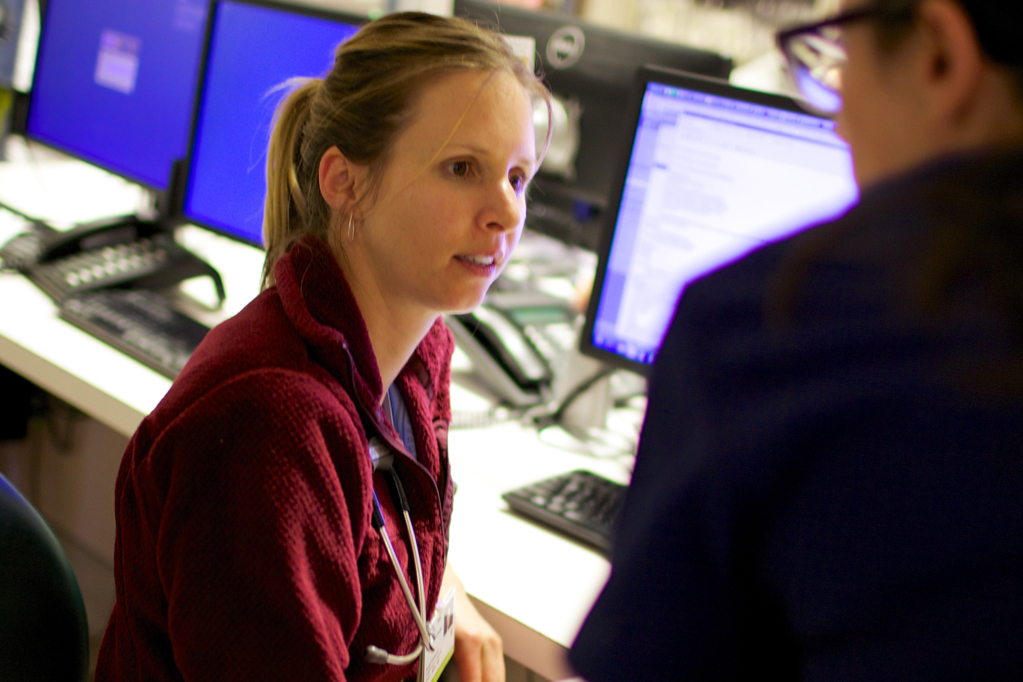
Nurse Practitioner (NP): Nurse practitioners are a type of advanced practice nurse who work with the physicians to care for you in the ICU. They diagnose health problems, prescribe medications and treatments, perform procedures, give updates, answer questions, and discuss care goals.

Doctor (MD): Doctors oversee your care at a high level, weighing the pros and cons to help plan the best treatments for you. Doctors focus in different areas, such as surgery, breathing, cancer, or the heart. Depending on your needs, there may be several doctors on your care team.
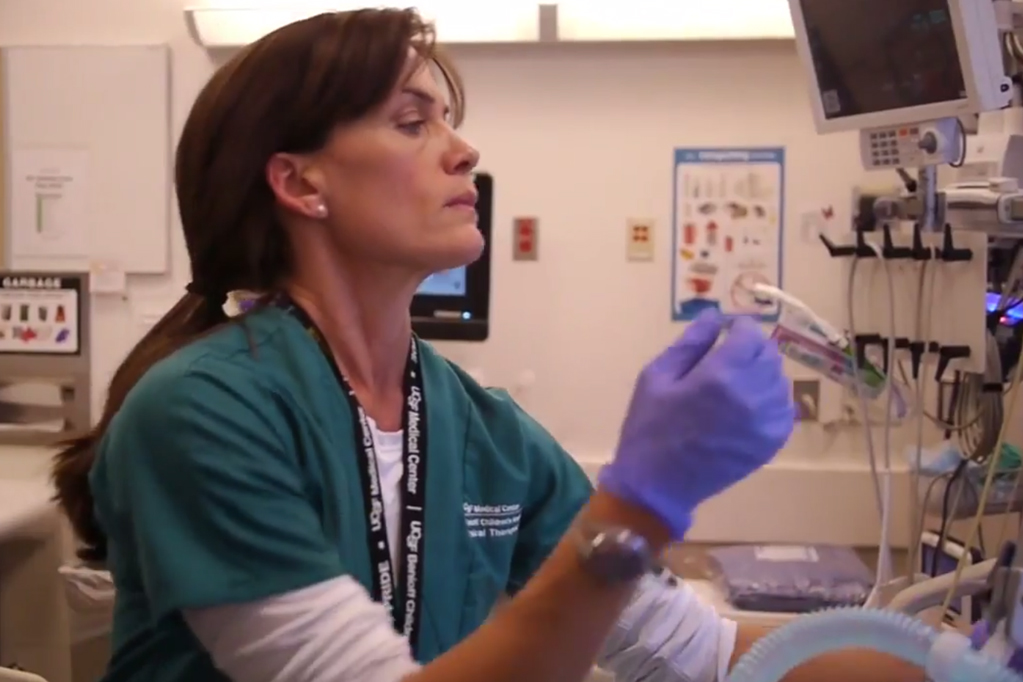
Physical Therapist (PT): Soon after you come to the ICU, physical therapists (PTs) determine what activities you need to do to stay strong and help you to do them. Your physical therapy may be exercises in bed or walking in the hall.
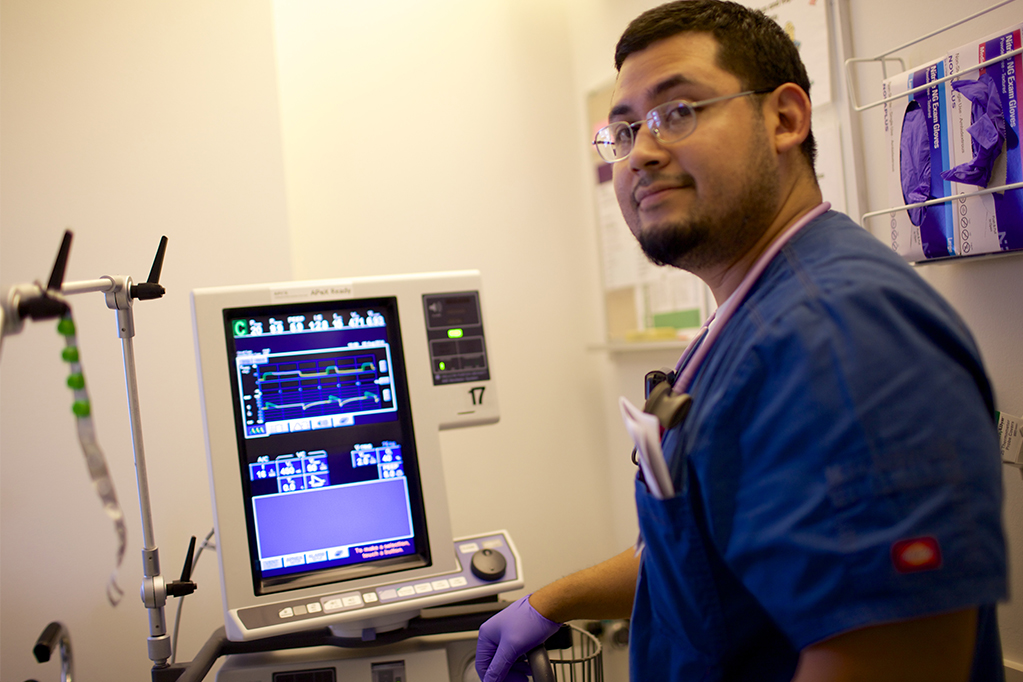
Respiratory care practitioner (RCP): Respiratory therapists (RTs) help with breathing treatments and exercises. Many patients in the ICU have breathing machines called mechanical ventilators to support their lungs. RTs change the breathing machine settings so they are right for each patient’s needs.
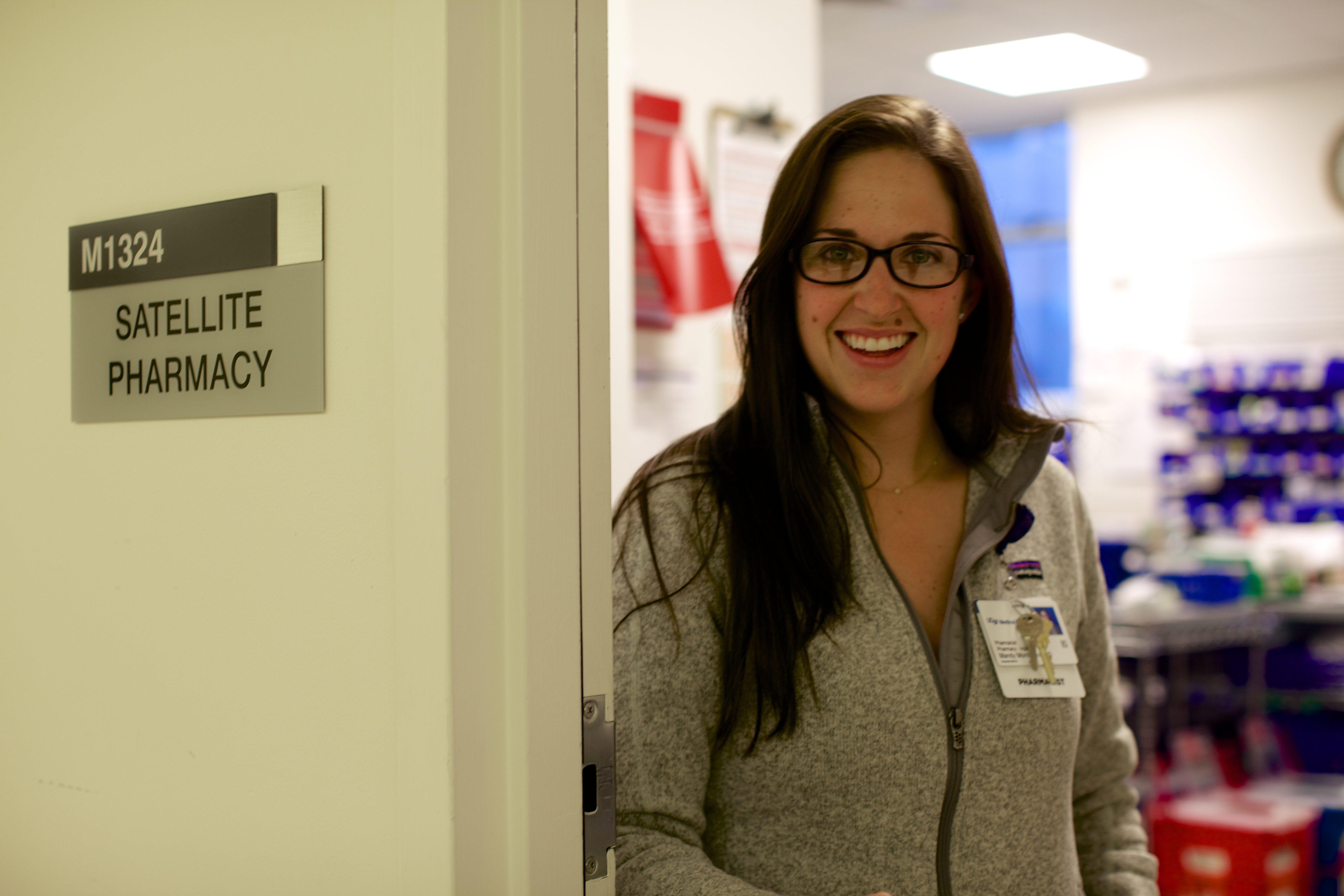
Pharmacist (PharmD): Critical care pharmacists have special training in caring for patients in the ICU. They focus on the many medicines you may receive while there. They help the teams choose the right medicines for you, and make sure you receive the right dose (amount), at the right time.
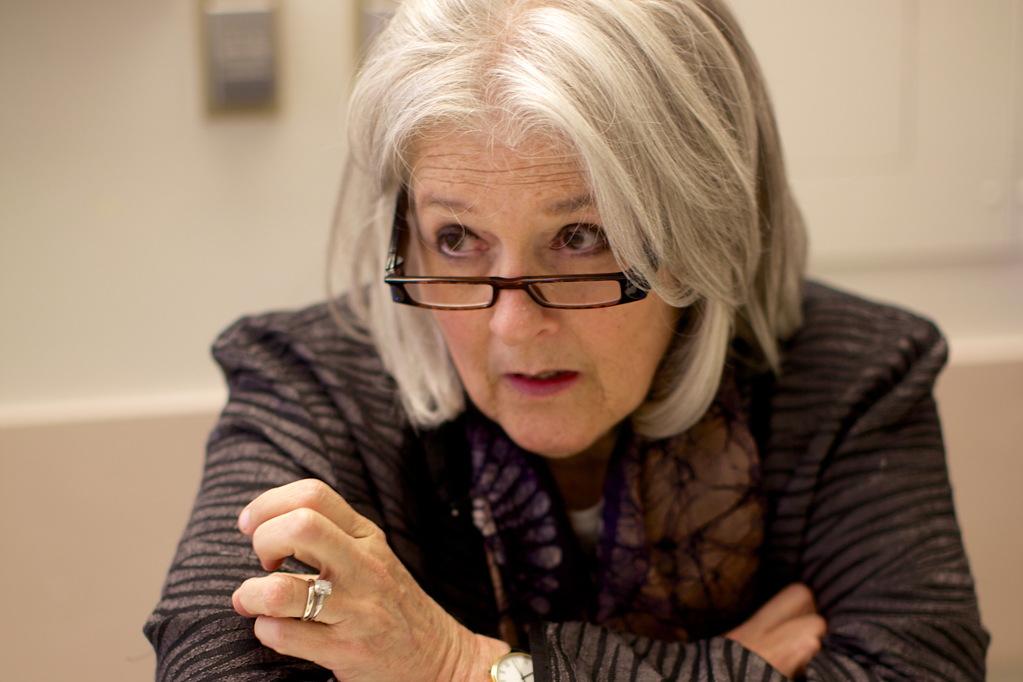
Social Worker: Social workers support patients and families facing difficulties resulting from their illness and being in the ICU. These include emotional stress, adapting to new roles, and planning for the future. They can help with financial, insurance, and legal issues. Social workers also have special training and experience in supporting children.